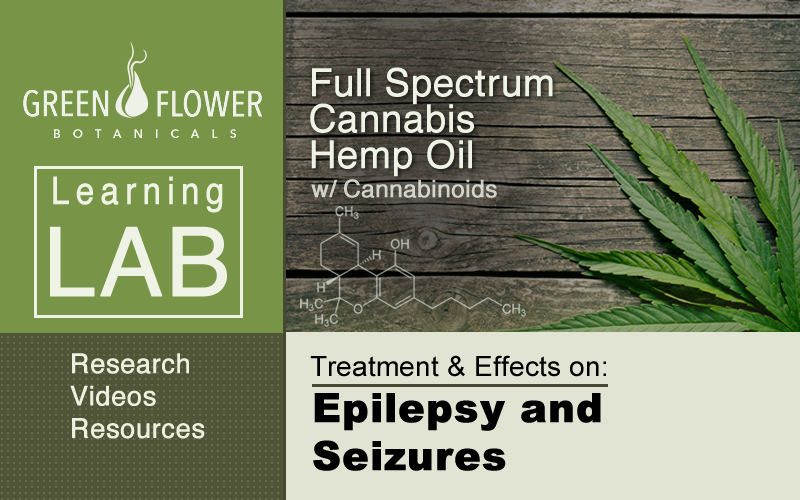BY JAHAN MARCU, PH.D. ON FEBRUARY 20, 2014
Originally published in full on the Examiner.
CBD is becoming more popular than THC, because CBD appears to provide relief and does not cause a “high,” and acts on receptors that differ from those of THC. The FDAhas approved a new clinical study with CBD, but it is unclear how this drug works. A molecular mechanism that completely explains the effects of CBD has not yet emerged (But as one doctor said at a recent meeting at NYU “Doctors don’t treat molecular mechanisms, they treat people”).
There are two theories that seem plausible to explain CBD’s effects. Or at least these will partially explain how CBD may be acting in the body. One theory supports a role for CBD in the hippocampus. The hippocampus is a hub in the brain for the exchange of information, and epilepsy can occur when this exchange is disrupted. The other theory involves the protective effect of cannabinoids, through proteins known as NMDA receptors. NMDA receptors play a major role in memory and learning, cannabinoids may have a distinct or ‘special’ site of interaction on these receptors too (Gloss & Vickrey 2012).
 For more information on full-spectrum CBD hemp oil, and the latest research on CBD and Epilepsy, visit our Learning Lab page: “Full Spectrum Cannabis Hemp Oil with Cannabinoids: Treatment and Effects on Epilepsy and Seizures”
For more information on full-spectrum CBD hemp oil, and the latest research on CBD and Epilepsy, visit our Learning Lab page: “Full Spectrum Cannabis Hemp Oil with Cannabinoids: Treatment and Effects on Epilepsy and Seizures”It may be hard to believe, but clinical studies with CBD have been going on since 1978. However, there are only a handful of studies that examined CBD alone in the last 30 years. A preparation of CBD in combination with THC has been the subject of numerous clinical trials, known as the drug Sativex. There have been some recent anecdotal reports of CBD that were published in the scientific literature and on CNN.
An early anecdotal report with 5 institutionalized children being treated with THC for epilepsy resulted in: one seizure free kid, one almost seizure free kid, and 3 that experienced no significant change (Davis and Ramsey, 1949).
A CBD clinical study published in 1980 resulted in: “4 of the 8 CBD subjects remained almost free of convulsive crises throughout the experiment and 3 other patients demonstrated partial improvement in their clinical condition. CBD was ineffective in 1 patient. The clinical condition of 7 placebo patients remained unchanged whereas the condition of 1 patient clearly improved.”
There is a fair amount of information known about the potential therapeutic benefits of CBD from limited clinical studies, anecdotal information from both hospitals and parents, as well as a wealth of animal data. It is safe to say there is more than enough evidence to support large-scale clinical trials with CBD, it is non-toxic and generally well tolerated in clinical studies and anecdotal reports. However, the number of patients given pure CBD is small, and the studies are generally short in duration and this prevents mainstream medicine from drawing any reliable conclusions about the efficacy of cannabinoids for epilepsy. Bringing CBD into rigorous clinical trials will provide medical professionals with the information to prescribed CBD based medicines.
Here are a few links to full scientific articles that will provide an overview and a lot of background information on cannabinoids for epilepsy:
- Cannabidiol Displays Antiepileptiform and Antiseizure Properties In Vitro and In Vivo
- Exogenous and Endogenous Cannabinoids Suppress Inhibitory Neurotransmission in the Human Neocortex
- Endocannabinoid system protects against cryptogenic seizures
- Commentary-Slim Evidence for Cannabinoids for Epilepsy
- Neuron to astrocyte communication via cannabinoid receptors is necessary for sustained epileptiform activity in rat hippocampus
DISCLAIMER: The views and opinions expressed are those of the author and do not necessarily represent any University, business or affiliates. While the information provided in this blog is from published scientific studies it is not intended to diagnose or treat any disease.
This piece was reprinted by Green Flower Botanicals. It may not be reproduced in any form without approval from the source.


